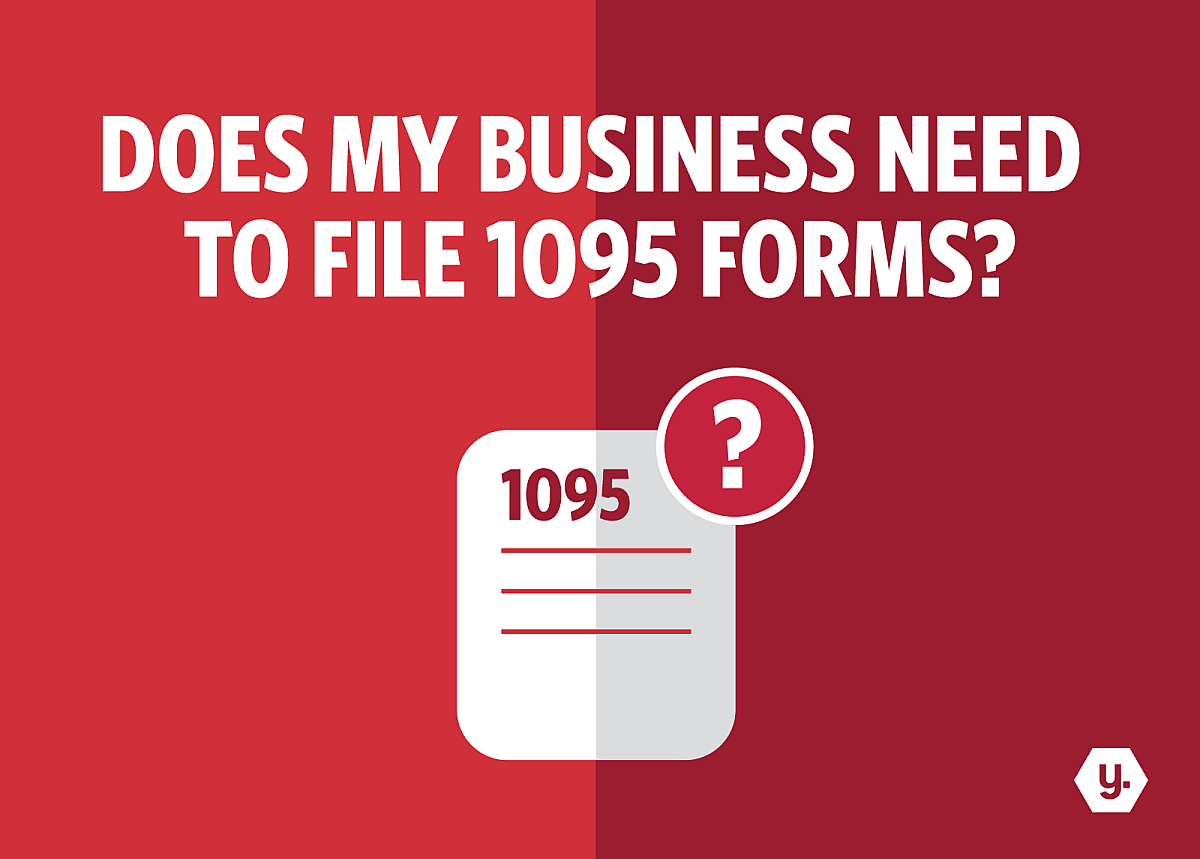
What Happens if Your Business Doesn’t File?
Generally, businesses understand the ins and outs of tax reporting for traditional employees, but what your business might not be aware of is the importance and process of filing taxes for contractors. Filling 1099-MISC forms is vital for any business and attention to detail is key, as penalties for failure to file or provide correct information have increased in recent years. Businesses who pay $600 or more per year to an independent contractor are required by the federal government to send forms to workers no later than January 31, 2019.
In 2017, a change was made mandating that businesses send 1099-MISC recipient copies and submit to the IRS on or before January 31, regardless of method (paper or e-file), when reporting nonemployee compensation (box 7). This change meant moving the deadline up months for many filers and will again result in an increased workload over a shorter period of time for tax year 2018. Keep in mind that if your business requires you to file 250 or more informational returns, e-filing is required by the IRS. E-filing is much less cumbersome than paper filing and could help you save time, regardless of number of forms.
There are fines in place if a business files Form 1099-MISC late or not at all. These fines include:
- $50 per Form 1099-MISC if late for 30 days or less.
- The penalty increases to $100 per form if late more than 30 days, but filed by August 1.
- The penalty further increases to $260 per form if filed after August 1.
- If you know you will not have filing done on time, businesses can acquire a 30-day extension to file 1099’s by filing IRS Form 8809: Application for Extension of Time to File Information Returns. The form must be filed by January 31.
Odds are, your business wants to continue working with the contractors that you have built relationships with. This is yet another reason to be sure to file on time. If contractors receive late forms, they may be unable to file their own taxes on time which could leave them upset and potentially harm future business opportunities.
As a business, it is best to be prepared and be prepared early. Know your deadlines, know the penalties associated with incorrect or late filing and know the needs of your contractors to make a hectic time of year a little less chaotic for everyone involved.
Latest News
-
 November 25, 2025
November 25, 2025New Alternative Furnishing Method for Forms 1095-B and 1095-C Comes with Complexities
The IRS has updated the Affordable Care Act (ACA) reporting process for Forms 1095-B and 1095-C. These changes aim to reduce administrative costs and simplify reporting, but they also create new compliance challenges for employers and health insurance providers.Read More -
 October 8, 2025
October 8, 2025Your Business Guide to 1099 Filing in 2025: Deadlines and Compliance Tips with Yearli
Businesses must prepare for 2025 IRS 1099 filing by understanding key deadlines for Forms 1099-NEC and 1099-MISC and leveraging e-filing tools like Yearli to stay compliant. This guide outlines important dates, recent IRS updates, and practical tips to avoid penalties and streamline the filing process.Read More -
December 30, 2024
Understanding Form 1099-DA: A Comprehensive Guide to Filing for Digital Asset Transactions
As the use of digital assets like cryptocurrencies and non-fungible tokens (NFTs) continues to grow, so does the need for clear tax reporting guidelines. To address this, the IRS has introduced Form 1099-DA, which will be required starting in 2025.Read More
